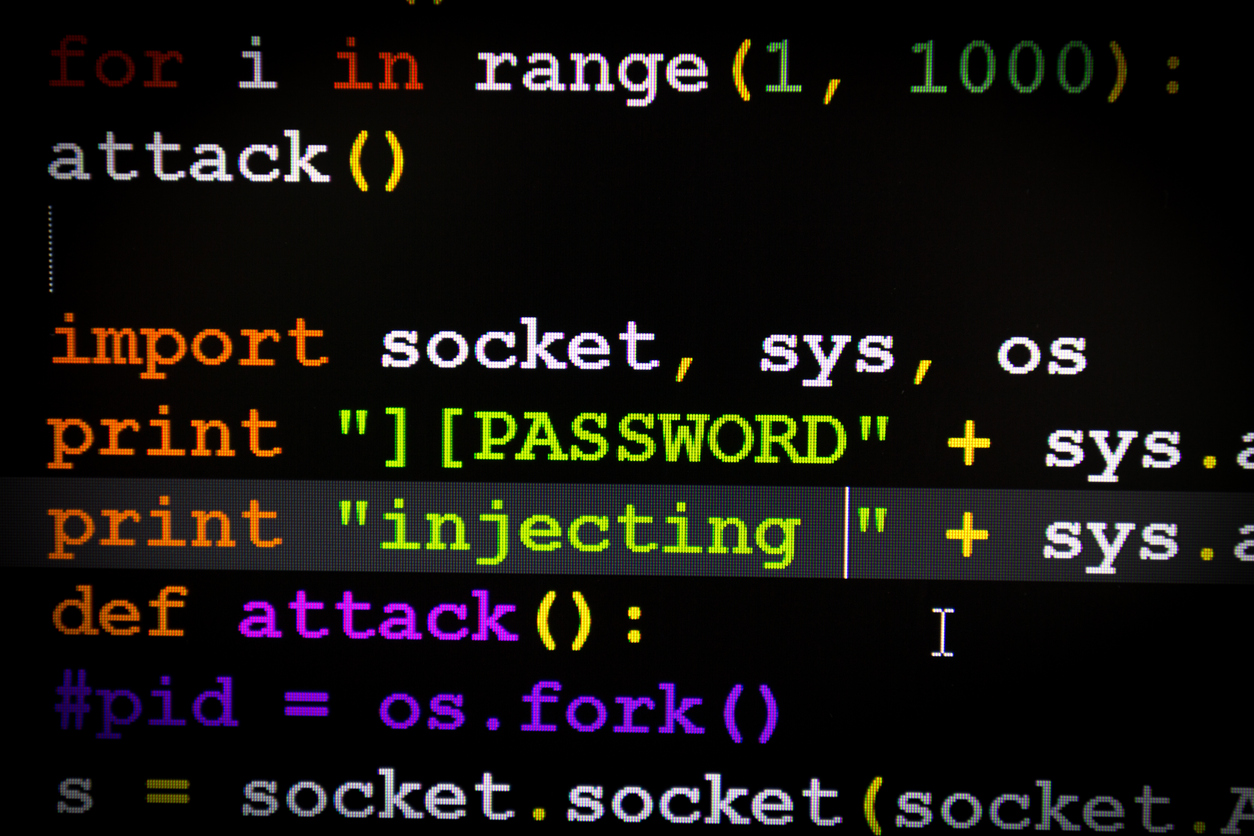
Gone are the days when you would only meet Female Expats who were a “trailing spouse” dutifully following her husband on a corporate assignment. These days it’s becoming more and more common to see Women Expats on their own corporate-sponsored assignment or taking the lead as a Solo Expat by moving to a foreign country to enhance their career by gaining some international work experience.
Moving to another country under any circumstances is a daunting move, but as with most things in life, money is one of the most important things you will have to think about during your Expat journey. Make sure you have as many financial aspects as possible covered.
Here are 6 Money Moves Female Expats can make to manage their money:
1. Having a Financial Plan is Essential
As soon as you say yes to moving to a new country, your first financial step should be to develop a Financial Plan. Create a Financial Blueprint that will detail your financial strategy through the 3 phases of Moving Abroad: 1. Pre-Departure 2. Arrival/Living Abroad 3. Repatriation.
Hopefully, you already have an existing financial strategy in place, and you can just add financial details for living in your new host country. Don’t underestimate the financial costs of managing two households in two separate countries. This Financial Blueprint should not only list all your new host country financial obligations, but also any new expenses associated with your move overseas like a global health insurance plan, transportation, local mobile phone, and local utility bills.
Include all sources of income (salary, consulting/freelance earnings, dividends, rental income). Factor in the Cost of Living in your new host country and make sure you not only know the Currency of the country you are moving to, but also know the Exchange Rate with your home country currency, or between the currencies you will be earning and paying expenses in. Review historical exchange rates, to see how the currency has performed in the past, so you can plan for exchange rate volatility. Don’t forget to add a cushion for unexpected emergencies like unplanned trips home and medical mishaps. And always have a Plan B Fund – As in I need to Be Gone
2. Get clear about your Tax Obligations
Pre-Departure you should have a solid idea about your Home Country Tax Obligations. Female Expats that are U.S. Citizens or U.S. Permanent Residents are subject to taxation on worldwide income and in most cases must file a U.S. tax return. Depending on the last state you were living in, you may also have State tax filing requirements.
Familiarize yourself with your new Host Country tax obligations as well. Inquire if your employer will pay your taxes for you, or if you will have to make payments directly to a local tax authority.
Without proof of payment of required foreign taxes, you could have problems moving money out of the country or have issues if you ever want to return to that country. The IRS may also require evidence if you claim a foreign tax credit.
As part of your Financial Plan, include a consultation with a qualified, Tax professional, preferably a firm that specializes in working with U.S. Expats.
3. Make sure you’re covered
Health insurance is no longer optional or a nice to have amenity. Obtaining adequate health coverage is a must-have and a priority. Don’t wait until you have a medical emergency abroad to purchase global coverage. Some countries like Cuba, Ecuador, Turkey, and the UAE, require proof of medical insurance upon arrival. Other countries like Malaysia and Thailand are considering legislation to make it mandatory. This is the trend as countries try to discourage tourists from leaving unpaid medical bills and taking advantage of free healthcare in countries where they don’t pay taxes. Make sure your health insurance plan also includes emergency evacuation and repatriation of remains. Remember you’ll also want to keep up with annual wellness visits for Mammograms, Pap Smears, and Dental and Vision exams.
4. Have the “money conversation” with your significant other.
If you’re not the principal employee being sponsoring on a corporate Expat assignment, and if you are on a spousal visa or another type of visa, you may be prohibited from working. If you are not generating income in the country, you may not be able to get a separate bank account, and some countries don’t even offer joint bank accounts.
Coerced Debt, a form of economic abuse where abusers use the money to control their partners, sometimes going so far as to withhold cash, and refuse to pay bills to sustain the household is a growing form of abuse. You never want to be in a position where you are stuck in a foreign country and can’t return home due to a lack of funds. Make sure you have your own separate sources of income from outside your host country that pays into a bank account in another country. Any work that allows you to work online is a good option.
If you’re not married, consider registering as a civil or domestic partnership before leaving home. This might offer you the best possible alternative for financial protection should problems arise overseas. Think about creating a legal cohabitation agreement that will clearly state the living and financial arrangements you’ve agreed to.
5. Stay Credit Savvy
Keep your U.S. credit history and U.S. credit score in tack. Living Abroad many U.S. Expats don’t give a thought to their U.S. credit history or U.S. credit score. Returning home, Expats are often surprised to realize they can’t easily obtain a new mortgage or better rates on other financial products because while living abroad they developed a “thin file.” Worst case scenario they realize they have been a victim of identity theft.

Annually, obtain a free credit report from annualcreditreport.com and sign up with a credit monitoring service and put a credit freeze on your U.S. credit file. Also, try using your U.S. credit cards regularly, so there is some activity.
Just as your U.S. credit history and U.S. credit score do not travel with you, your foreign credit history is usually not reported to U.S. credit bureaus. If you do decide to obtain credit in a foreign country, do so cautiously and make sure you understand the credit terms, especially regarding repayment. Penalties for unpaid bills in foreign countries vary from a black mark on the local credit bureau to jail time which could impact your immigration status.
6. Don’t stop Saving
Continue to save for Emergencies. Continue to save for Retirement.
Whether moving abroad is part of your strategy to join the FIRE (Financial Independence Retire Early) movement, or to become debt-free, don’t forget to continue to save and invest while you are living overseas. Included in your Financial Blueprint should be an emergency savings plan and an investment strategy. Decide what you will do about your current retirement and investment accounts. Will you still be able to invest from abroad? Will your move abroad necessitate a change in your retirement goals? Also, don’t hesitate to seek help from qualified investment professionals before you move overseas.





